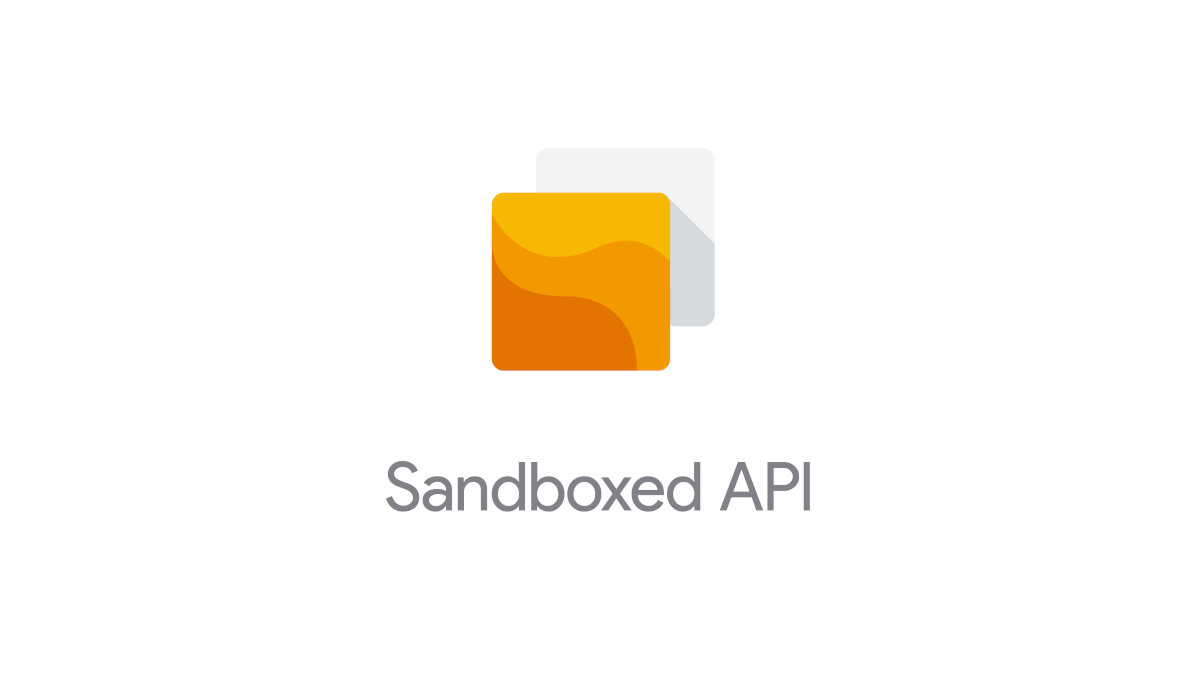-- 656cd15cb67a2befb3d4c17aecc61c79f17d292f by Piotr Bartman <prbartman@gmail.com>: LibRaw -- a5052221841b4e311804160e261ff3354ed10c14 by Piotr Bartman <prbartman@gmail.com>: CMake cleanup -- 7fc66b20265f6db0f02396b9242d4de0ccb811ed by Piotr Bartman <prbartman@gmail.com>: cleanup + img.raw -- 1b1c085cfec926af5bc1cfc85c10a0ca6f89d143 by Piotr Bartman <prbartman@gmail.com>: libraw: data checking -- 7e76425c37f6c3e1aa75dd1b811ac89865ecee28 by Piotr Bartman <prbartman@gmail.com>: libraw: CR @cblichmann PiperOrigin-RevId: 453859071 Change-Id: Ib9e1887f97d48ecbebda05c5c6df01e3642bbfba
Copyright 2019-2022 Google LLC
What is Sandboxed API?
The Sandboxed API project (SAPI) makes sandboxing of C/C++ libraries less burdensome: after initial setup of security policies and generation of library interfaces, a stub API is generated, transparently forwarding calls using a custom RPC layer to the real library running inside a sandboxed environment.
Additionally, each SAPI library utilizes a tightly defined security policy, in contrast to the typical sandboxed project, where security policies must cover the total syscall/resource footprint of all its libraries.
Documentation
Developer documentation is available on the Google Developers site for Sandboxed API.
There is also a Getting Started guide.
Getting Involved
If you want to contribute, please read CONTRIBUTING.md and send us pull requests. You can also report bugs or file feature requests.
If you'd like to talk to the developers or get notified about major product updates, you may want to subscribe to our mailing list or sign up with this link.
